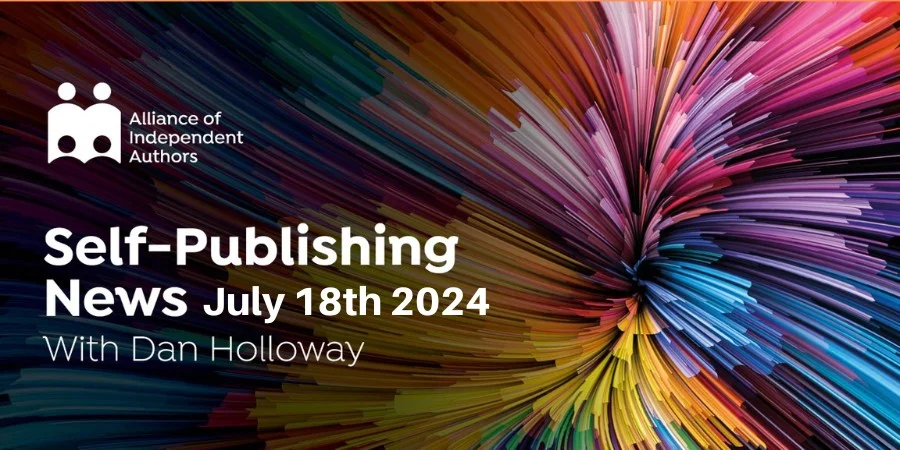
ALLi News Editor, Dan Holloway
AI has been quiet in the news of late. But this week, there is a suitably chunky round-up of stories related to a technology that is increasingly ubiquitous. There has been a lot of debate about whether generative AI is good or bad for creatives, and whether creatives should, and increasingly do, use generative AI in their practice. But there hasn’t been much discussion (as opposed to opining) about whether or not it actually makes you more creative. This is, of course, not surprising, as the technology is so new that there hasn’t been much time yet for accurate academic studies on the matter.
But that might be changing. I came across a fascinating piece of research into the impact of using generative AI on creativity conducted by researchers at University College London and the University of Exeter (which coincidentally is home to a project that caused a storm on friends’ Facebook feeds, looking to recruit writers for a short story-AI collaboration).
The abstract actually frames the issue at hand rather well:
“Creativity is core to being human. Generative artificial intelligence (AI)—including powerful large language models (LLMs)—holds promise for humans to be more creative by offering new ideas, or less creative by anchoring on generative AI ideas.”
The study looked at the work of writers of varying degrees of experience and whether using generative AI to help with story ideas increased creativity. The results were fascinating. Again, I quote from the abstract as the authors put it so succinctly:
“We find that access to generative AI ideas causes stories to be evaluated as more creative, better written, and more enjoyable, especially among less creative writers. However, generative AI–enabled stories are more similar to each other than stories by humans alone. These results point to an increase in individual creativity at the risk of losing collective novelty. This dynamic resembles a social dilemma: With generative AI, writers are individually better off, but collectively a narrower scope of novel content is produced.”
This last sentence I find utterly fascinating. It feels like a microcosm of much modern life: more vigorous debate within narrower parameters. As a competitive creative thinker and owner of a creative thinking company, this is exactly the kind of scenario I am trying to help people escape from. Because the essence of creativity is not variety within narrow parameters but cognitive escape from those parameters.
Meanwhile, in the US, there is a bipartisan bill underway that seeks to protect the copyright of artists and writers in the AI age.
American lawmakers seem to love their acronyms, and they have outdone themselves with the COPIED Act. It stands for “Content Origin Protection and Integrity from Edited and Deepfaked Media Act.” The key provision is a requirement for platforms to enable creatives to tag any work made available on those platforms in such a way that would ensure large AI models could not use any work thus tagged for training.




